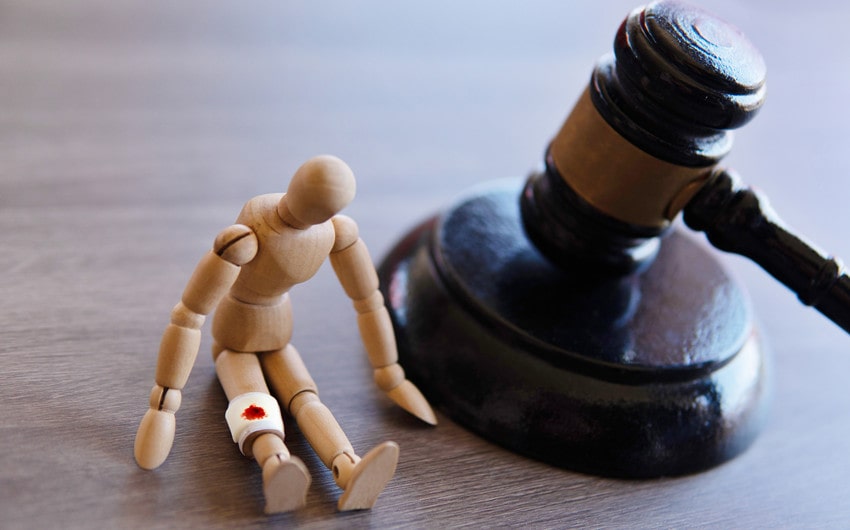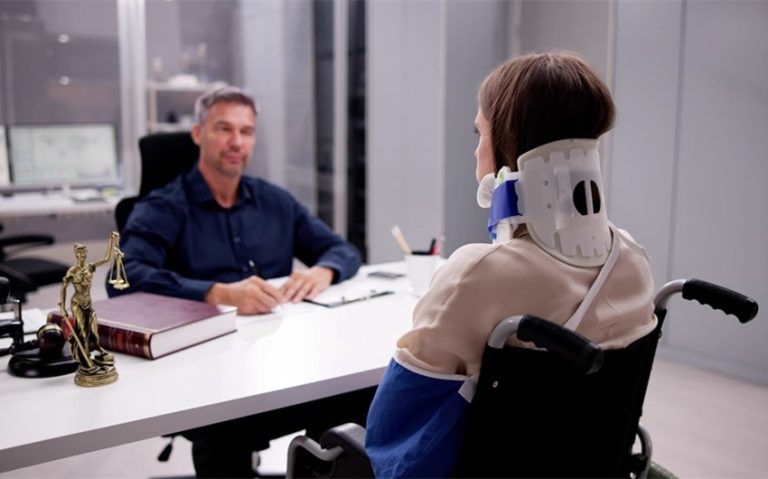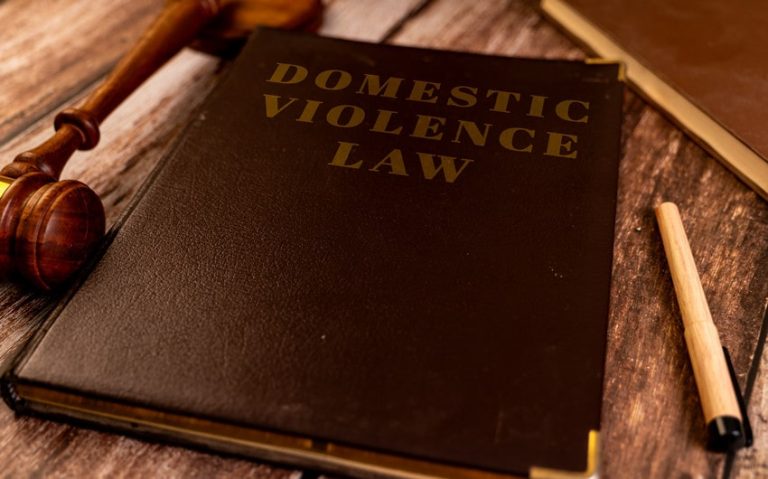How to Maximize Your Personal Injury Settlement
Maximizing your personal injury settlement is crucial for covering medical bills, lost wages, and other expenses that result from an accident. While it might be tempting to accept the first offer that comes your way, taking a strategic approach can significantly improve the outcome of your claim. By following these steps, you can ensure you receive the compensation you deserve.
1. Seek Immediate Medical Attention
The first and most critical step after any accident is to seek medical attention right away. Not only is this important for your health, but it also creates a medical record that serves as vital evidence in your personal injury claim.
Delaying medical treatment can weaken your case, as the insurance company may argue that your injuries weren’t severe or were caused by something other than the accident. Be sure to follow all medical advice, attend follow-up appointments, and keep detailed records of your treatments.
2. Keep Detailed Records of Your Injuries and Expenses
Documenting your injuries and related expenses is essential for maximizing your settlement. Keep copies of all medical bills, receipts for medications, physical therapy sessions, and any other expenses incurred due to the injury. Additionally, track your lost wages and any impact the injury has had on your ability to work.
Maintaining a pain journal can also be helpful. Record your symptoms, pain levels, and how the injury affects your daily life. This personal account can be used to demonstrate the emotional and physical toll of your injury, which may support your case for higher compensation.
3. Avoid Admitting Fault or Making Statements Without Legal Advice
After an accident, it’s common for insurance adjusters to contact you for a statement. While it might seem like a routine step, be cautious about what you say. Avoid admitting fault or making any statements that could be used against you. Insurance companies often look for ways to minimize their payout, and anything you say can be twisted to undermine your claim.
It’s best to limit your interactions with the insurance company and avoid providing recorded statements without consulting an attorney first. Stick to the facts and refrain from discussing your injuries or settlement demands without legal guidance.
4. Gather Evidence to Support Your Case
Strong evidence is the backbone of a successful personal injury claim. Gather as much evidence as possible to support your case. This can include:
- Photos and Videos: Take pictures of the accident scene, your injuries, and any property damage. Videos can also capture the severity of the situation and provide a clear visual account of what happened.
- Witness Statements: If there were any witnesses to the accident, collect their contact information and ask them to provide statements about what they saw. Witness testimony can be a powerful tool in establishing fault.
- Police Reports: Obtain a copy of the police report if one was filed. This report can provide an official account of the accident, which can be valuable when negotiating with insurance companies.
The more evidence you have, the stronger your case will be, which can lead to a higher settlement offer.
5. Be Patient and Don’t Rush to Settle
Patience is crucial when negotiating a personal injury settlement. It’s understandable to want to resolve the claim quickly, especially when medical bills are piling up. However, settling too soon can result in a lower payout, especially if the full extent of your injuries is not yet known.
Before accepting any offer, make sure you’ve reached maximum medical improvement (MMI), which means your condition has stabilized and you fully understand the long-term implications of your injury. Settling before reaching MMI could leave you with additional medical costs that aren’t covered by the settlement.
6. Consult with a Personal Injury Attorney
One of the most effective ways to maximize your personal injury settlement is by consulting with a personal injury attorney. An experienced attorney can guide you through the complex claims process, handle negotiations with insurance companies, and advocate on your behalf to ensure you receive fair compensation.
For those in Georgia, Douglasville Personal Injury Attorneys specialize in handling cases involving accidents and injuries. They can help gather evidence, assess the value of your claim, and negotiate aggressively to secure the best possible outcome. Legal representation is especially important if your case involves significant injuries or disputes over liability.
7. Negotiate Aggressively but Fairly
Negotiation is a key part of the personal injury claims process. Insurance companies often start with a low initial offer, expecting you to counter. Don’t be afraid to negotiate, but do so based on solid evidence and realistic expectations. Understanding the true value of your claim, including medical costs, lost income, pain and suffering, and future care needs, can help you make a strong case during negotiations.
An attorney can handle this process for you, using their knowledge of personal injury law to argue for a higher settlement. Remember, the goal is not just to get a quick payout but to secure compensation that fully addresses the impact of your injury.
Conclusion
Maximizing your personal injury settlement involves careful documentation, strategic negotiations, and professional legal guidance. By taking the right steps—seeking medical care, gathering evidence, and consulting with an attorney—you can significantly improve the chances of receiving a fair settlement. Approach the process with patience and attention to detail to ensure the best possible outcome for your case.







